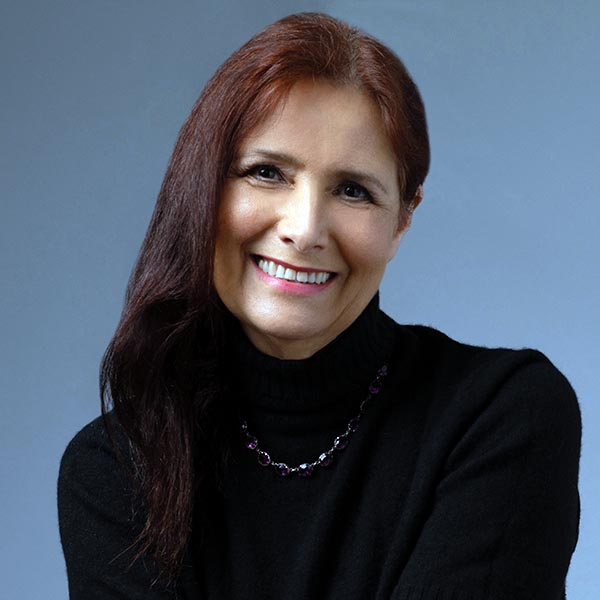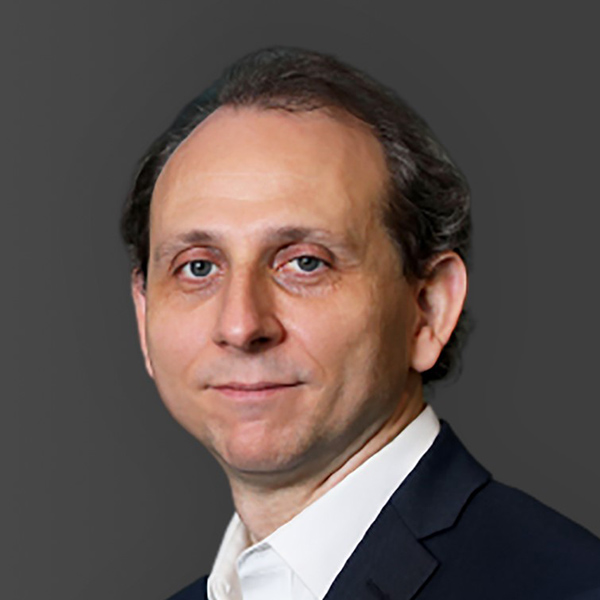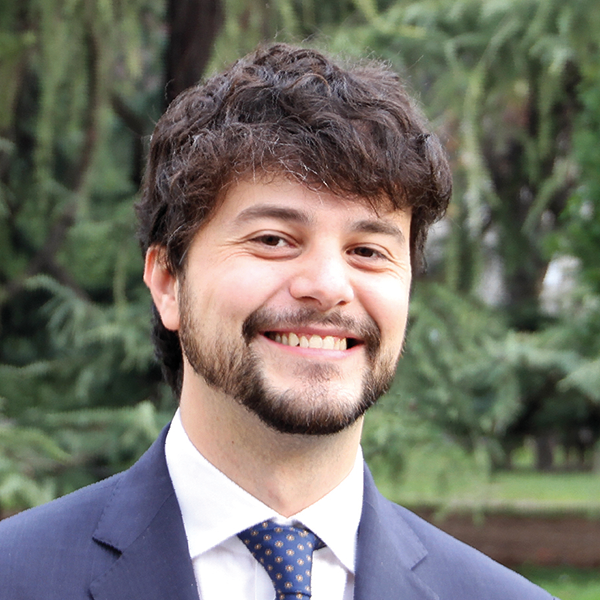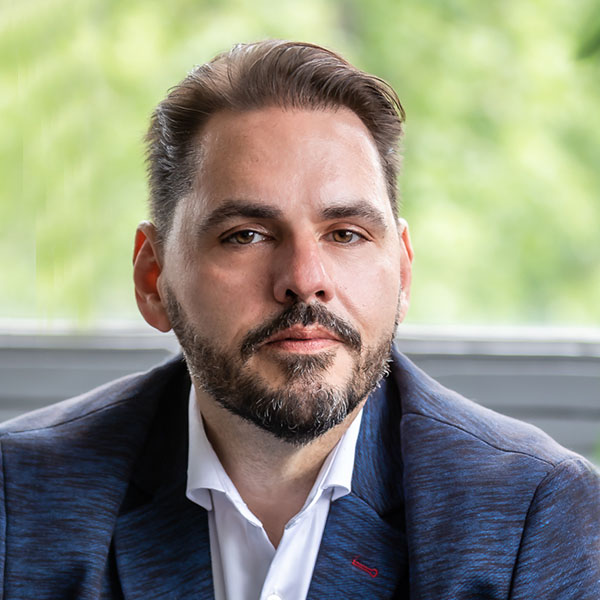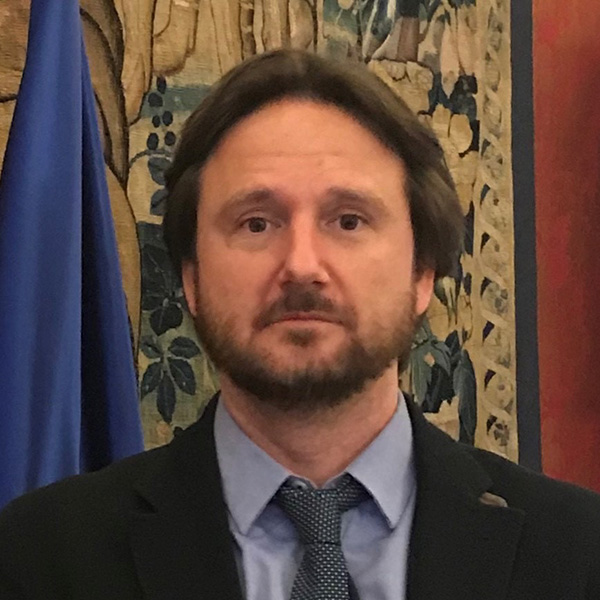Humans in Charge: Charting AI’s Path Through Responsible Governance
Plenary Session
The opening plenary of the Humans in Charge Symposium brought together renowned experts shaping the global conversation on AI: Kay Firth-Butterfield, Ansgar Koene, Brando Benifei, Mario Hernandez Ramos, and George Tilesch. With a healthy mix of optimism and caution, they discussed AI governance, competitiveness, and how to ensure that this transformative technology serves human-centered values.
From Risk to Regulation
Brando Benifei, Member of the European Parliament and co-rapporteur of the EU AI Act, highlighted the Act’s focus on high-risk use cases—such as health, justice, or critical infrastructure—and its prohibition of AI applications that infringe on fundamental rights. He expressed confidence that such regulation could spur innovation by creating a stable, trustworthy environment. However, he stressed that rules alone will not be enough: Europe needs to build its own AI capacity and fund research and development, or risk losing competitiveness.
Mario Hernandez Ramos, Chair of the Council of Europe’s Committee on Artificial Intelligence, emphasized that this human-rights-focused body seeks a legally binding instrument, open for signature beyond Europe. He explained that the Council of Europe aims to harmonize standards so countries inside and outside Europe can uphold democracy, the rule of law, and fundamental rights in AI development. While acknowledging the political complexities, he sees this as a crucial step toward global cooperation.
A Global Tapestry of Governance
Kay Firth-Butterfield underscored the fragility of international organizations in an era of shifting geopolitical alliances. She suggested that to address emerging AI risks and harness its opportunities, policymakers, industry leaders, and civil society might need a new or reinvigorated global forum. Yet the panel agreed this is easier said than done. Real-world examples, like the challenge of regulating lethal autonomous weapons, show how complex forging a global consensus can be.
Industry Engagement and Responsibility
Ansgar Koene, a global AI ethics and regulatory leader at EY, pointed out that standards-setting, historically dominated by industry experts, must become more inclusive. Involving civil society, academia, and government earlier in the development process can preemptively address risks rather than reacting only after harm is done. Koene also noted the crucial role of public procurement rules: governments that demand responsible AI practices from suppliers can drive widespread best practices.
Meanwhile, Dr. George Tilesch, Founder of the Phi Institute for Augmented Intelligence, stressed that effective AI regulation is not merely about legislation. It also requires building communities and institutions that hold technology producers accountable. This includes ensuring AI literacy for citizens—both for informed democratic debates and for workforce adaptation to AI’s “electricity-like” impact on every industry.
Looking Forward
Throughout the debate, the speakers reinforced a shared conviction: AI can be deployed to elevate human well-being if we create structures that balance innovation with ethical safeguards. Whether through the EU AI Act, international treaties, or industry standards, the panelists agreed that consistent, enforceable rules are key. At the same time, society must anticipate ever-evolving AI capabilities and remain ready to adapt to new waves of technological change.
As the Humans in Charge Symposium emphasized, forging a responsible AI future will demand concerted effort from regulators, businesses, and citizens alike—underpinned by the readiness to learn from past mistakes and the will to shape the technology before it shapes us.
Participants
